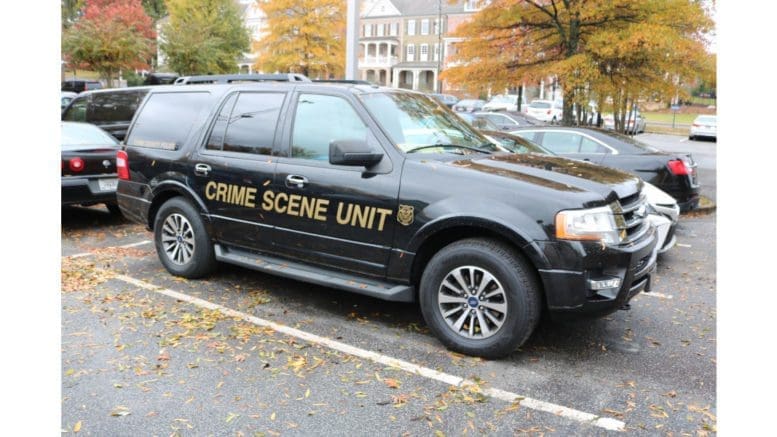By John A. Tures, Professor of Political Science, LaGrange College
Nearly three-fourths of Americans contend that crime is a major issue in America. Given its proximity to Atlanta, Cobb County residents are no doubt concerned, especially given the perception of the danger to Georgia’s most populous city. How does the region stack up to other places nearby, and what does the data really show?
Why People Might Be Confused About Crime
Proximity to Atlanta does not make a place more prone to crime. Usually, research listing crime provide a biased sample, looking only at big cities for crime, thereby making people think only crime can be found in larger metro areas. It also ignores that many cities are better at collecting such data than smaller areas, inflating big city crime rate perceptions.
And of course, crime is a political football, more based on perception than on data. In fact, crime perception often outstrips actual crime, and we’re currently at the highest perception for crime in America since the 1990s, before the historic drop in illegal activity that few seem to notice. And Gallup showed that the high crime perception is mostly for the national numbers; people are also less likely to perceive their local area as having more crime than at any time since 2004.
As NeighborhoodScout discovered in their statistics-based approach, and broadened their sample to include smaller town and locations, the latter populate the list of highest crime rates. Atlanta, like New York City, doesn’t even make the top 100, but six smaller Florida locations do.
How Cobb County Does At Combatting Crime
Given the concerns, it may make Cobb County residents breath a sigh of relief to know that CrimeGrade.org grades the county as a B- overall, with a B+ in violent crime. That means that the county does a very good job at keeping down the murder rate, assaults, etc. Where Cobb County needs improvement is in the property crime grade, which is a C-. Those burglaries and thefts dragged down the county’s overall rating. That puts Cobb County in the 56th percentile, meaning that more than half the nation’s counties are more dangerous, by these numbers.
As compared to its neighbors, Cobb County gets a better grade than Fulton County, Douglas County, DeKalb County and Clayton County, but ranks behind Bartow, Cherokee, Fayette, Forsythe, Gwinnett, and Paulding Counties.
Solutions, Not Just Problems
A friend who served as a military officer in the Middle East said to me that his colonel told him not to bring him a problem unless he had a solution.
A 40-year meta-analysis by Eric Piza, Brandon Welsh, David Farrington, and Amanda Thomas in Criminology & Public Policy reveals the benefits of increased closed-circuit television (CCTV) surveillance cameras on reducing crime, However, additional research by Simone Tulumello and Fabio Iapaolo in Urban Geography shows that improved policing cannot be attributed alone to technological solutions, even predictive ones.
Indeed, solutions like increased CCTV only seem to work if “integrated with proactive monitoring and police response,” according to Giovanni Circo and Edmund McGarrell in the Journal of Experimental Criminology. The piece by Piza concurs, saying such plans must be specifically targeted toward vehicular or property crime, and not generally applied as a “stand-alone crime prevention measure,” to be effective.
Whatever the choice is, Cobb County needs one if it wants to compete with other counties in the region at doing the best to reduce property crime, to experience an increased perception that the place is safe.
John A. Tures is a professor of political science at LaGrange College in LaGrange, Georgia. His views are his own. He can be reached at jtures@lagrange.edu. His Twitter account is JohnTures2.

